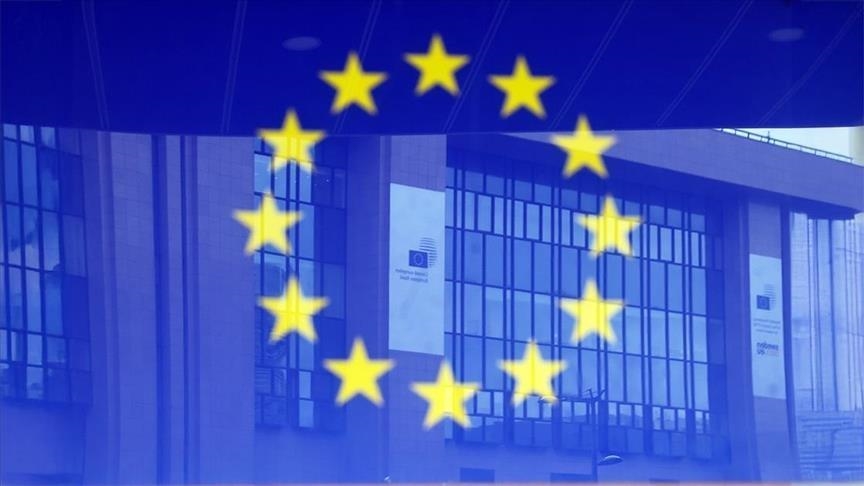EU seeks more flexible budget due to rising geopolitical and trade tensions
'Today we are working with a budget designed in the years 2019 and 2020. A different world,' EU Commission president says

ISTANBUL
EU Commission President Ursula von der Leyen said Tuesday that the EU budget is designed for a world that no longer exists and does not have enough flexibility in the face of rising geopolitical and trade tensions.
"Today, geopolitical tensions rise. Trade rules are being re-written. Extreme weather events are more and more frequent due to climate change. And the change in technologies is faster than ever. The ‘new normal' is anything but normal," von der Leyen told the Annual EU Budget Conference in Brussels.
She emphasized that they need a more flexible, agile and responsive budget, adding: "Today we are working with a budget designed in the years 2019 and 2020. A different world."
Explaining that the budget means more than a large number of funds and rules, von der Leyen stated that the budget directly affects people's lives and livelihoods.
She noted that in the past five years, they have constantly tested the limits of what can be done with the budget, recalling that they held long meetings in the face of every emergency and looked for ways to direct budget resources.
She also explained that they collected money for member states under the fund they established during the lockdown in the COVID-19 pandemic and the severe economic downturn, and that they used the emergency resources in the budget to finance economic recovery and energy security.
Stressing the need to focus more on the most important issues and the importance of simplifying access to European funds, she reiterated that each region has its own specific conditions and challenges and that the new budget will be built on a new structure -- national and regional partnerships for investments and reforms.
"In our next budget, there will be a central place for Cohesion Policy and the Common Agricultural Policy," she said.
The EU's long-term budget is called the Multiannual Financial Framework. It predetermines the annual ceilings for allocations for expenditure items in the bloc's budget, and aims to allocate resources in line with the EU's policy priorities. The EU budget is prepared for seven-year periods, with spending ceilings set by the rules.
The framework for the EU's 2021-2027 budget of more than €1.2 trillion ($1.35 trillion) was set in 2020.
In addition to this budget, an economic rescue package of €800 billion was prepared and member states were supported due to COVID-19.
The decision on the long-term EU budget is determined with the approval of the European Parliament and the unanimous vote of the member states in the European Council.
The revenue items in the budget are largely funded by member states from their budgets and are audited by the European Court of Auditors based in Luxembourg.
Anadolu Agency website contains only a portion of the news stories offered to subscribers in the AA News Broadcasting System (HAS), and in summarized form. Please contact us for subscription options.







